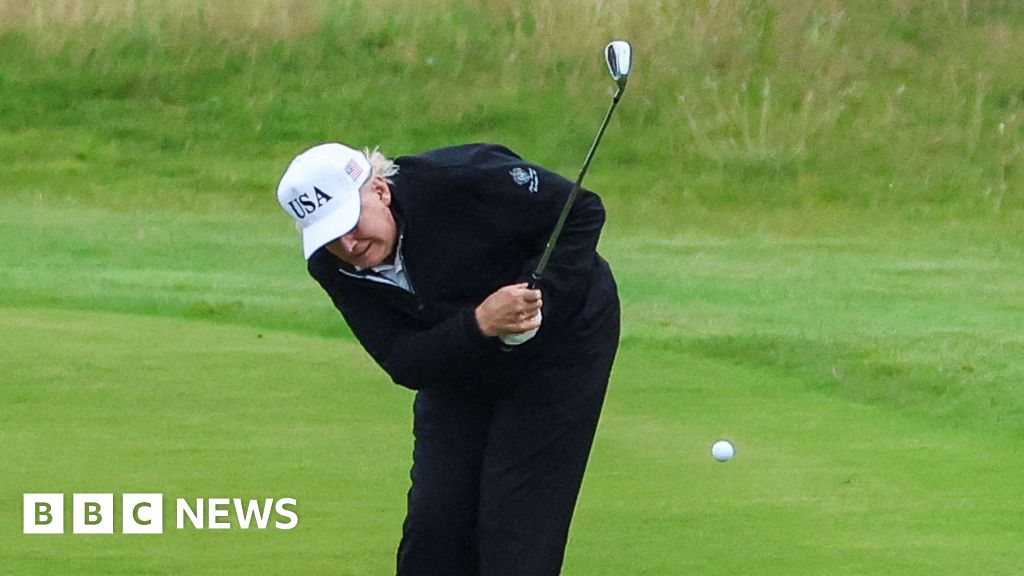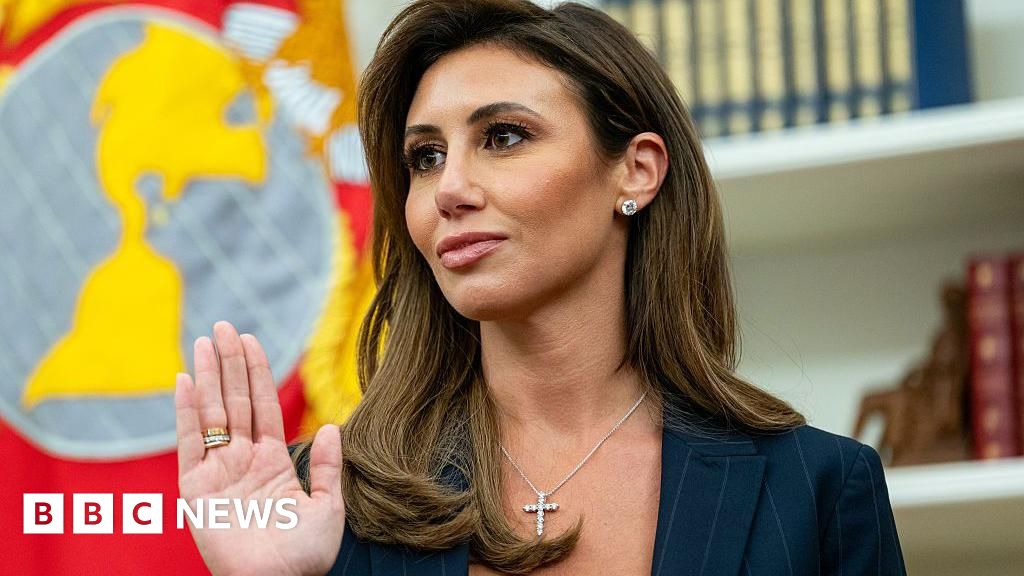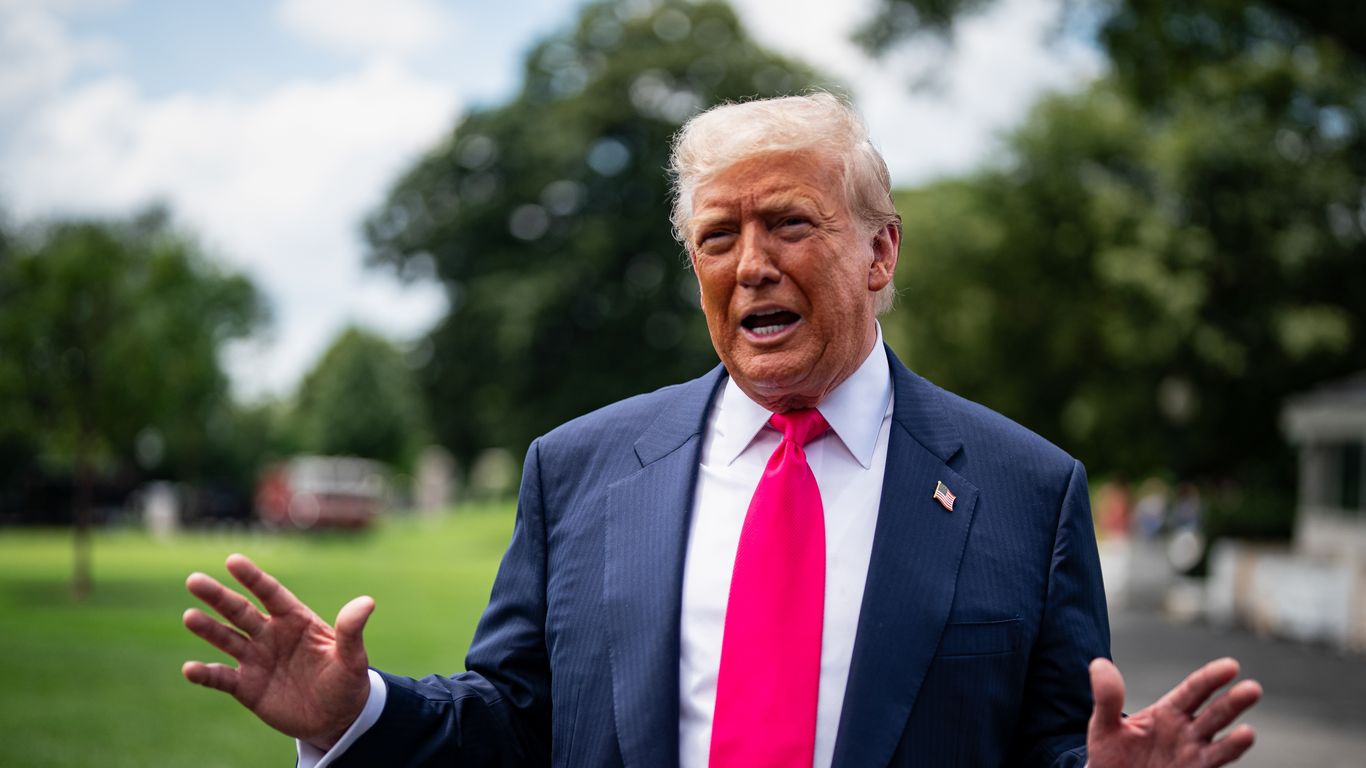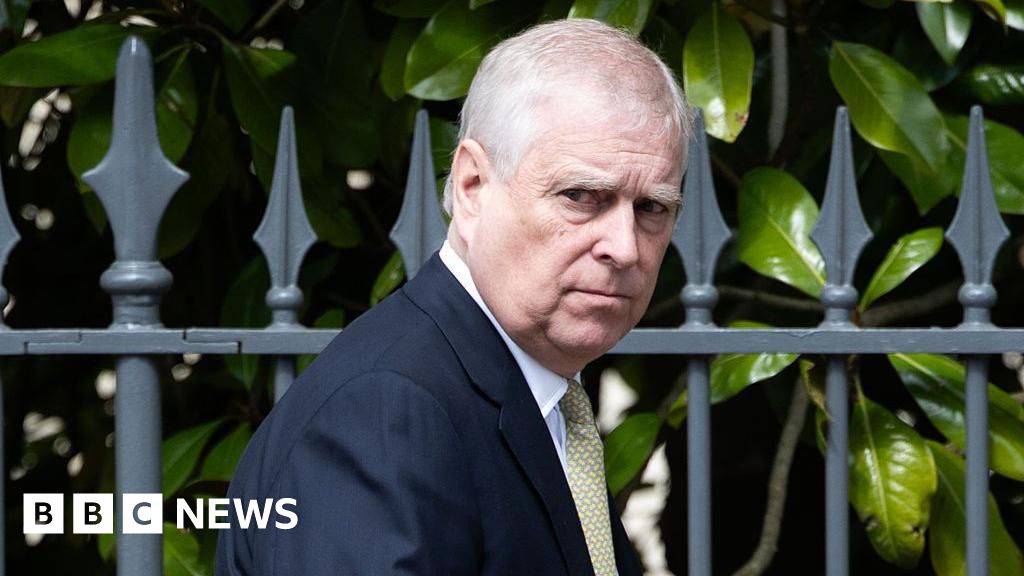Trump's Golf Getaway in Scotland

Introduction
As President Trump continues his visit to Scotland, he took some time to hit the golf course for a second day in a row. The controversial leader played a round at Turnberry before meeting with EU Commission president for trade talks.
Key Details
Trump's love for golf is well-known, and he has not shied away from playing during his presidency. However, this particular visit has drawn criticism as it falls in the midst of multiple international crises, including the ongoing trade war with China and tensions with Iran.
Despite the backlash, Trump seemed unfazed as he teed off at the luxurious Turnberry resort, which he owns. The course has been a long-time favorite of the president, who has played there multiple times in the past.
Impact
This leisurely activity has raised questions about Trump's priorities and his ability to handle pressing issues while indulging in personal hobbies. It also adds to the controversy surrounding his ownership of the resort and potential conflicts of interest.
While some may see it as a chance for Trump to unwind and clear his mind, others view it as a disregard for the gravity of his position and the responsibilities that come with it. As the president's visit to Scotland continues, it remains to be seen how this round of golf will impact his presidency and the ongoing international issues at hand.
About the People Mentioned
Donald Trump
Donald John Trump, born June 14, 1946, in Queens, New York, is an American businessman, media personality, and politician. He graduated from the University of Pennsylvania’s Wharton School in 1968 with a degree in economics. In 1971, he took over his family’s real estate business, renaming it the Trump Organization, through which he expanded into building and managing skyscrapers, hotels, casinos, and golf courses. Trump gained widespread fame as the host of the reality TV show *The Apprentice* from 2004 to 2015, which helped establish his public persona as a successful entrepreneur. Trump entered politics as a Republican and was elected the 45th president of the United States, serving from 2017 to 2021. His presidency was marked by significant policy actions including tax cuts, deregulation, the appointment of three Supreme Court justices, renegotiation of trade agreements (notably replacing NAFTA with the USMCA), and a focus on immigration control including border wall expansion. He withdrew the U.S. from international agreements such as the Paris Climate Accord and the Iran nuclear deal, and engaged in a trade war with China. His administration’s response to the COVID-19 pandemic was criticized for downplaying the virus’s severity. Trump was impeached twice by the House of Representatives—first in 2019 for abuse of power and obstruction, and again in 2021 for incitement of insurrection—but was acquitted by the Senate both times. After losing the 2020 election to Joe Biden, Trump challenged the results, culminating in the January 6, 2021, Capitol riot. He remains a central figure in American politics, having won the 2024 presidential election and returned as the 47th president in 2025, continuing to promote policies aimed at economic growth, border security, and military strength[1][2][3][4].
About the Organizations Mentioned
EU Commission
The European Commission (EU Commission) is the executive branch of the European Union, responsible for proposing legislation, implementing decisions, upholding EU treaties, and managing the day-to-day operations of the EU. Established in 1958 with the Treaty of Rome, the Commission has evolved into a central force shaping Europe’s economic, social, and technological landscape. Headquartered in Brussels, it acts as the guardian of the EU’s interests, ensuring that member states comply with EU law and that the Union’s policies are effectively executed. The Commission’s role is pivotal in driving major initiatives that impact business and technology. It spearheads the Single Market, ensuring seamless trade and fair competition across member states. In recent years, the Commission has championed digital transformation, launching strategies like the AI Continent Action Plan and the EU Quantum Strategy to position Europe as a global leader in innovation. It also oversees the European Green Deal, aiming for climate neutrality by 2050, and promotes sustainable prosperity through initiatives such as the Clean Industrial Deal. Key achievements include the creation of the Single Market, the introduction of the euro, and landmark regulations like GDPR, which set global standards for data protection. The Commission’s work extends to external relations, enlargement, and protecting democracy and the rule of law, as highlighted in its annual Rule of Law Report. Currently, under President Ursula von der Leyen, the Commission is focused on boosting competitiveness, reducing bureaucracy, and enhancing strategic autonomy. Its 2025 Work Programme outlines priorities such as sustainable prosperity, security, and digital innovation, reflecting its commitment to a resilient and forward-looking Europe. For businesses and tech leaders, the Commission’s policies and initiatives are essential to understanding the regulatory and economic environment in Europe.














